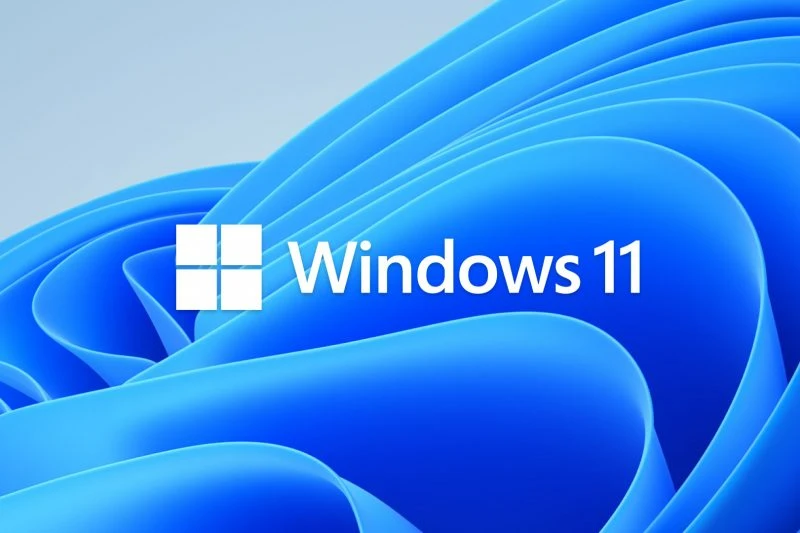So this week (5th October) Microsoft launched Windows 11.
As with previous Microsoft Operating System releases, Microsoft has stated that some Users will be able to upgrade for FREE. This is for a limited period (believed to be 12 months), if they are already running Windows 10. You are probably asking yourself the question should you upgrade to Windows 11?
It sounds good doesn’t it? Upgrade for FREE to the latest Operating System. Thank you Microsoft! Queue the CTO Switchboard lighting up!
But as the saying goes – There ain’t no such thing as a free lunch – or rather things that appear to be free will always have some hidden or implicit cost to someone, even if it is not the individual receiving the benefit.
What do I mean?
Well there are several factors I would urge Users to consider before taking the plunge:-
- Windows 10 Pro, which is a nice solid and stable Operating System does not go End of Life until October 2025. With this mind, do you really want to migrate to Windows 11 which has only just been released and that, no doubt, will have various foibles that are yet to be discovered? Let’s draw an analogy with the release of a new model of motor vehicle. It’s a well-known fact (or urban myth) that motorists tend to buy a new model of car once the first version has been thoroughly vetted. If there are any issues then these have been fully ironed out by the manufacture. I would take the same approach to Windows 11 and particularly bearing in mind Microsoft’s track record with the disastrous Windows Vista and Windows 8 releases, which were not ready for market.
- Whilst the hardware requirements are not too challenging to run Windows 11, Microsoft has specifically stipulated that computers must have an additional security feature called Trusted Platform Module (TPM). Basically, TPM supplies a unique code called a cryptographic key when you turn on your computer. If everything is normal, the drive encryption is unlocked and your computer starts up. If there’s a problem with the key—perhaps a hacker stole your laptop and tried to tamper with the encrypted drive inside—your PC won’t boot up. Finding out whether your PC uses TPM isn’t straightforward, plus in all likelihood, if your computer is over five years old, it probably doesn’t have TPM. With that in mind, your free Windows 11 upgrade may turn into the need to purchase a new machine at additional cost to get the latest OS.
- Is Windows 11 compatible with Line of Business software you use everyday for example, Sage, AutoCAD, Solidworks and Adobe? For example, the latest Sage 50 Accounts v27 system requirements (updated on 7 October 2021 at time of writing) makes no reference as to whether their software is supported in Windows 11. Most Users spend the majority of their time in the key application related to their job. In this respect the Operating System is pretty irrelevant. I spend most of my day in M365 and AutoTask, and the Operating System has very little, if no, bearing on whether I can write a Word document, analyse an Excel spreadsheet, design slides in PowerPoint or log a service ticket in AutoTask.
- Look before you leap as going back to Windows 10 could be time-consuming. Okay, so you’ve decided to upgrade to Windows 11. But after using it for a few days you’ve decided you don’t want to continue. Microsoft have basically put in place a ‘grace period’ of 10 days. After this time, you’ll have to back up your files and programs and do a completely fresh Windows 10 installation. This is if you want to go back. 10 days can pass in a flash and then the way to back Windows 10 will be inconvenient and time consuming.
Don’t get me wrong, I am not anti-Windows 11. The new Operating System has some excellent features including a New Start Menu, better Widgets, improved Snap and enhanced App store. But what I am saying is you need to consider all the implications before making a move, and CTO can help you in assessing this.
If fact, don’t upgrade immediately unless you really fancy trying it out and have a spare laptop lying around. It’s true Microsoft’s updates to Windows have become a lot better over the past few years. But we wouldn’t be surprised if there were some teething problems initially, especially with older computers. Also those with specialist hardware and software that might not yet work properly with the latest OS.
Many thanks
Richard



